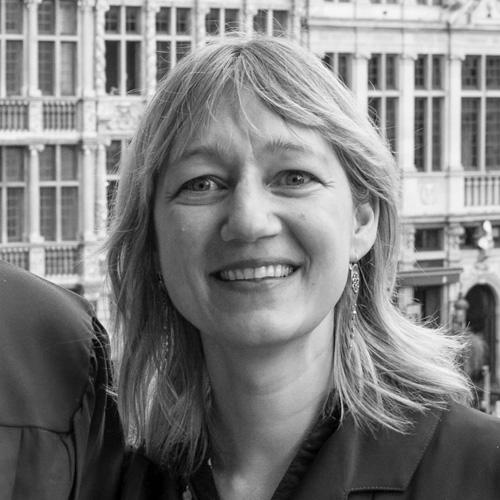2014-2017 | FWO
Promotors
Leo Van Wissen
Karen Kaandrikman
Torkild Hovde Lyngstad
Niels Ploug
Collaborator
Didier Willaert
This project employs an innovative technology for urban analysis that addresses a main concern of contemporary urban policy: urban residential segregation and its effects on social inclusion. International comparisons of residential segregation and the effectiveness of various strategies are lacking, because segregation is spatially complex and because geographical units of analysis are different in size and distribution. Our innovative approach uses the increased availability of geocoded individual data to construct individualized scalable neighbourhoods to measure segregation. For comparative research, the advantage of using egocentric neighbourhoods with a predetermined number of neighbours is that it allows direct comparison across national and urban contexts. In ResSegr we will compute measures of socio-demographic segregation based on such neighbourhoods for urban areas in Europe. Based on these measurements, we will compare patterns of segregation, evaluate theories about the driving forces of residential segregation and examine effects of area-based programmes on segregation. The method has proven very successful using Swedish micro data. By creating a European database on segregation measures we will enable public and private actors to assess patterns of segregation in places with different political and economic systems and give tools to fight this substantial threat to social cohesion and the welfare state.

